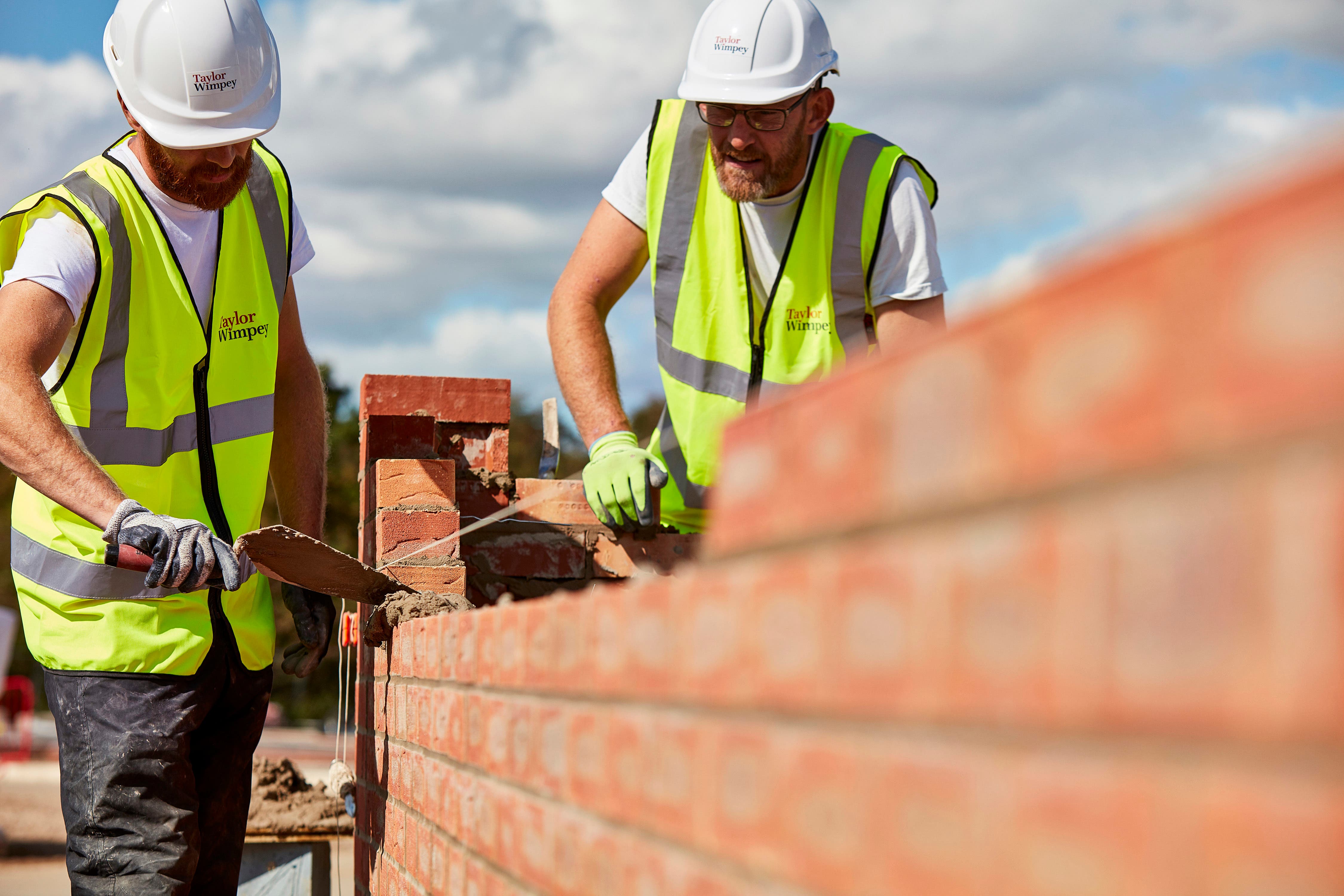King’s Speech: Labour to slash planning red tape to deliver 1.5 million homes
The Government suggested it would consult on ‘how, not if’ development should take place.

Your support helps us to tell the story
From reproductive rights to climate change to Big Tech, The Independent is on the ground when the story is developing. Whether it's investigating the financials of Elon Musk's pro-Trump PAC or producing our latest documentary, 'The A Word', which shines a light on the American women fighting for reproductive rights, we know how important it is to parse out the facts from the messaging.
At such a critical moment in US history, we need reporters on the ground. Your donation allows us to keep sending journalists to speak to both sides of the story.
The Independent is trusted by Americans across the entire political spectrum. And unlike many other quality news outlets, we choose not to lock Americans out of our reporting and analysis with paywalls. We believe quality journalism should be available to everyone, paid for by those who can afford it.
Your support makes all the difference.Sir Keir Starmer has vowed to “get Britain building” with sweeping reforms to the planning system announced in the King’s Speech as part of Labour’s drive to deliver 1.5 million new homes.
The Government suggested it would consult on “how, not if” projects should take place, with speeding up development seen as key to its mission to boost economic growth.
The Planning and Infrastructure Bill will seek to allow for land to be bought more cheaply for building through reforms to compulsory purchase compensation rules, which was a Labour manifesto pledge.
Owners forced to sell up will be paid “fair but not excessive” compensation to make way for important developments, the Government said.
It would also aim to “streamline” delivery of critical infrastructure by “simplifying the consenting process” in order to boost renewable energy projects and upgrade the national grid.
Labour has said brownfield land should be targeted first under its plans, followed by what it describes as the “grey belt” – low-quality areas such as disused car parks and wasteland on parts of protected land known as the “green belt”.
Chancellor Rachel Reeves set out a raft of proposals last week to build 1.5 million new homes over five years across the UK, including by reinstating compulsory housebuilding targets for local councils.
Chancellor of the Duchy of Lancaster Pat McFadden has acknowledged the plans will be controversial but said the party is “on the side of getting things built more quickly” to boost home-ownership.
But shadow Commons leader Chris Philp suggested Labour was downplaying the scope of its plans, describing references to the “grey belt” as “obviously shameless Labour spin that Peter Mandelson would have been proud of”.
“There are some areas of serious concern, ripping up the green belt and disempowering local authorities, a principle amongst those concerns,” he told Times Radio ahead of the State Opening of Parliament on Wednesday.
The Government said the Planning and Infrastructure Bill would seek to use development to “fund nature recovery where currently both are stalled, unlocking a win-win outcome for the economy and for nature”.
It promised to work with stakeholders and nature recovery organisations over the summer to “determine the best way forward” and only act where it can confirm that the measures will deliver “positive environmental outcomes”.
“We will only act in legislation where we can confirm to Parliament that the steps we are taking will deliver positive environmental outcomes,” it says.
“Where we can demonstrate this, the Bill will deliver any necessary changes.”
Speaking on Wednesday ahead of the speech, Sir Keir said: “We will reform the planning rules to build the homes and infrastructure the country desperately needs.
“We will unlock growth and take the brakes off Britain, turning the page for good on the economic irresponsibility and pervasive inability to face the future that we saw under the Conservative government.”